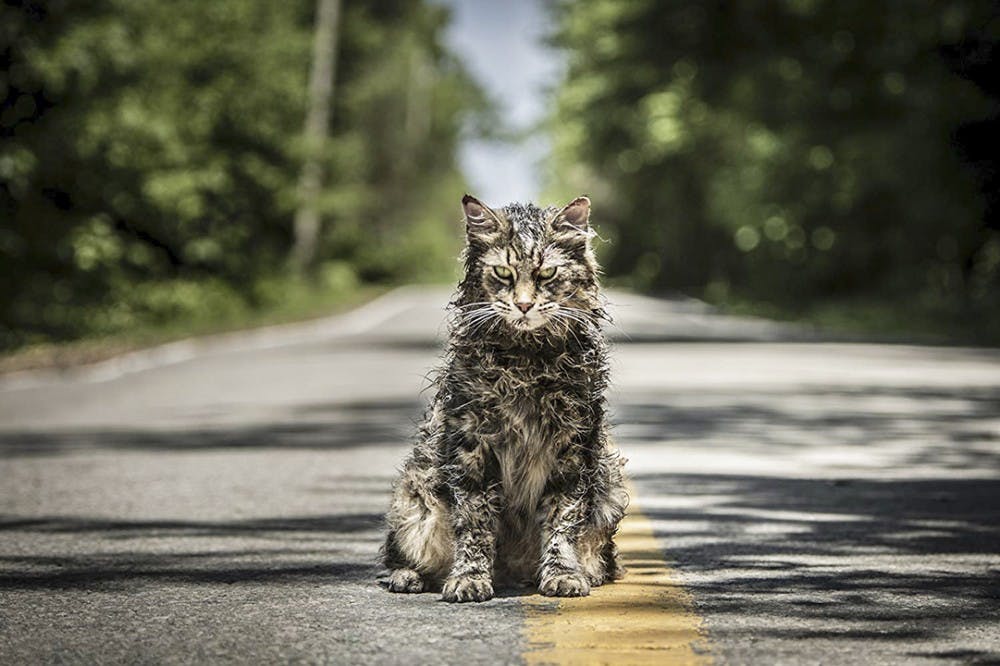Movie: “Pet Sematary”
Release Date: April 5, 2019
Run Time: 1 hour 41 minutes
Grade: D
Thirty years after the original film was released, directors Kevin Kölsch and Dennis Widmyer took on the task of recreating Stephen King’s “Pet Sematary.” Unfortunately, the film did not do the horror author justice. With a notable cast, including Jason Clarke and John Lithgow, the film hung on by a single thread.
Not to say that the film was not scary — there were plenty of jump scares to go around — but jump scares alone do not make a horror film redeemable. The substance, to say the least, was lacking. The plot was nearly too predictable, and the suspense dragged on far past interest. Some elements were too far-fetched to grasp or were left without explanation.
The surrounding components of the film saved it from completely going off the deep end. The score by notorious horror film composer Christopher Young, for example, was original and fitting for the setting.
For a film with a $21 million budget, the effects would presumably be more than just a flat green screen and a couple of rocks. However, the set looked two-dimensional, and for a second it felt like the audience was watching the 1989 version — yes, the effects were that bad. Unfortunately, this was the only feeling of nostalgia for the audience.
For fans of the novel and the 1989 adaptation of the movie, the twist towards the climax of the film came as a shock. But was it worth it?
Probably not.
In the end, it did not play out well with the rest of the story. It seemed like an element of originality was trying to be implemented, but it veered too far off track from the novel for it to make complete sense. In fact, it only solidified that the remake was not necessary. Some moments in the film were comical, which raises the question: Was this intentional, or was it just poor execution?
Either answer is plausible.
A quotable line from the film is “sometimes, dead is better,” which follows closely with the plot of the film and the creation of the newer version as a whole. If dead is better, why try to change something that was fine to begin with? Why try to fix something that did not need to be fixed?

